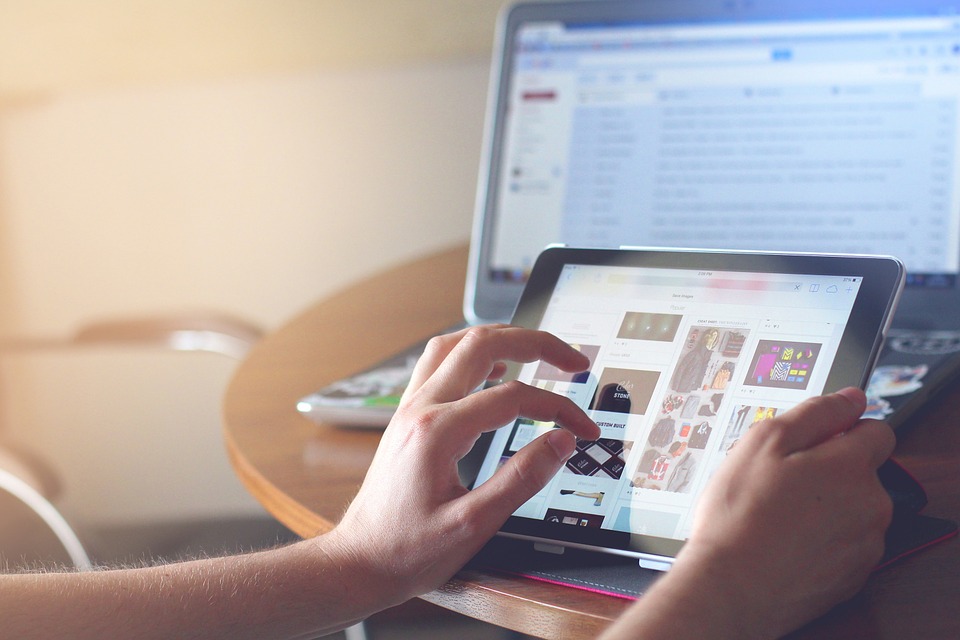We only have to look at our daily habits to understand why we are feeling tired, stressed, depressed and burnt out.
Consider this: Do you wake up to the sound of your alarm clock (or smartphone) and check your social media notifications, text messages and emails before you’ve even had your first cup of coffee? If so, you may already be a victim of the digital age.
When Dr. Gary Small, a researcher at UCLA compared brains of “technophobes” with those who use digital devices often, he found that “these kinds of activities really do exercise our brains, however when it becomes repetitive and routine, we see less activation.” Meaning our perpetual connectivity is having detrimental effects on our brains; to satisfy its digital appetite, we plug in even more to get our “fix” not realising it is actually “impairing cognition… and [is] altering the neural circuitry in the hippocampus.”
So to break these negative digital habits, here are 5 tips that can help you take back control of your life:
1. Before heading to bed, turn off your smartphone/iPad and try leaving your mobile phone in another room.
This is fundamental to severing your morning digital ritual. That way you won’t have the opportunity to just roll over and grab your phone/iPad to glance at your social media notifications and emails. It’ll take more work to get up, go to the other room and switch it back on. That’s if, you can be bothered!
2. Turn your phone off when you’re at work or in class.
Some workplaces such as call centers and factories require you to turn mobile phones off. Some education institutions encourage you to do so – although not many students do. However turning your phone off can dramatically help your concentration levels, improve memory and increase productivity because you’re not constantly disrupted by the pinging of social media notifications or tempted to “check it”.
3. Take a “digital detox” day each week.
Choose a day (we recommend Sunday) where you unplug from all your digital devices – your phone, tablet, laptop or desktop – and enjoy other activities such as reading, gardening or cooking. If you have a family, why not try it with them? By encouraging family members to “switch off” you help to foster strong bonds and build relationships. Quality time should be enjoyed together where you are fully present and not distracted by what’s happening on social media.
4. Try leaving your phone at home on purpose.
Many of us born before 1983 would remember a time where smart phones did not exist. We lived very comfortably without one and could fully immerse ourselves in our activities without digital disruptions. Nowadays it’s a different story. When we leave the house and forget to take our mobile phones, the first reaction is often one of panic. In fact, the medical term “nomophobia” was coined to explain this illogical fear of being without a mobile device. To avoid feeding this fear, why not try leaving your phone at home on purpose, particularly when it makes sense to such as when you’re going to the movies or going on holidays? By distancing yourself from your phone, you’ll be taking charge, having control over it, instead of allowing it to have control over you.
5. No phone zone.
It used to be considered rude when someone was using their phone in the middle of a conversation. Not anymore. This behaviour is now so commonplace, almost everywhere you look people have their heads down typing into a phone rather than conversing with the person sitting across the table, or worse, grunting at them. So why not make some rules around digital usage in the family home, when hanging out with your friends or on a date with your partner? By putting digital rules in place, it encourages healthy relationships, forces everyone to connect, be fully present and enjoy each other’s company.
If you’re still having trouble with unplugging, we may be able to help. Contact us on 07 3399 1002 and book into see our Brisbane hypnotherapist who may be able to assist you with overcoming your digital addiction so you can live a more meaningful life.
For more information on how hypnosis can assist you, click here.


